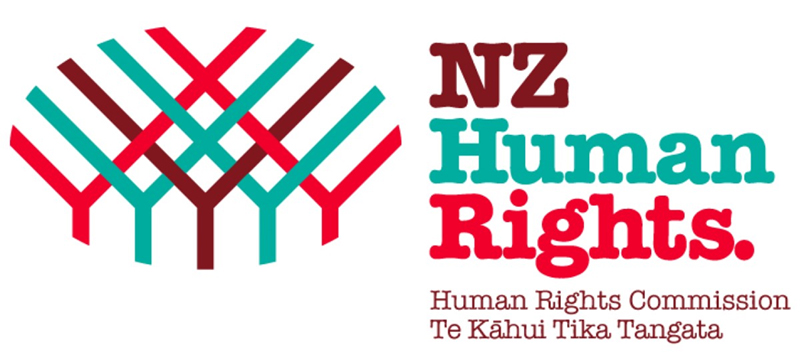
‘Confessions’ and ‘prayer’ attacked under New Zealand conversion therapy ban
The Government of New Zealand legislated for a conversion therapy ban earlier this year.
It seeks to end abusive and coercive practices against LGBT people. But concerns have been repeatedly raised that, instead of ending harm, the new law will limit freedom of religion and belief.
A new article on New Zealand’s Human Rights Commission, which runs a service to hear complaints based on the new law, shows that these concerns are not unfounded.
The report for New Zealand news outlet, stuff.co.nz, explains that the Commission has received only 17 inquiries since it launched the service in August. It is vastly lower than the Commission expected. It thinks its message hasn’t got through.
But there has been a huge amount of coverage of the new law in the press and on social media. It is difficult to imagine there are many who claim to be LGBT who have not heard about the ban.
You would think the Commission would be very pleased that less harm is actually going on than it predicted. It’s a good news story they should promote. It does however discredit the many claims of LGBT activists who pressed for a ban.
But what about this 17 – should we be grateful they are now protected? It’s not that simple.
Firstly, the Commission reveals that of the ‘survivors’, every single one is from a religious background. If these people suffered genuine abuse, it is of course great that they are now receiving support.
But the article explains that these people were survivors of actions like “confessions” and “praying”. It mentions no force or coercion. So the reader is left to assume that the main effect of this new conversion therapy ban is to curtail harmless religious activities like prayer.
If none of these ‘victims’ actually suffered abusive or coercive treatment, what is the point of the law? It raises once again the obvious question – are abusive conversion therapy practices actually taking place?
Here in the UK, the evidence base is so lacking that the Westminster Government admitted it was too weak to rely on for legislation. They came to that conclusion after undertaking a review of research from around the world.
What is clear from activists here, is that those who claim to be survivors are either those who did indeed experience horrible medical experiments, which have long been outlawed, or those who once held religious beliefs which they now regret. Those are two very different things.
Few in wider society would describe religious regret as ‘conversion therapy’, but it is exactly what many want the law to prohibit. These activists call for the Government to intervene on the ordinary work of churches – preaching, prayer and pastoral care – where it does not align with LGBT values. So churches would constantly run the risk of spurious accusations from those who have regret further down the line.
Secondly, very confusingly the article says that of those who inquired, several were: “from faith-based settings, from people wanting to understand how the law applied to them, concerned it unfairly compromised their rights.”
It is a curious admission, since it points out both that the number of inquiries is even smaller than they lead us to believe, and that religious people are genuinely worried about their freedom under the new law. And who wouldn’t be when even praying with someone is in the firing line?
It is too early to tell whether New Zealand’s law will result in Christians there being taken to court for upholding biblical ethics. But if its Human Rights Commission is not more clear that everyday Christian practices like prayer do not count as ‘conversion therapy’, it is only a matter of time.
Majority of respondents oppose Scot Govt ‘conversion practices’ ban
2025-10-17 08:40:58Church leaders speak out against proposed ‘conversion therapy’ law
2025-10-14 15:20:10Dutch House of Representatives passes ‘flawed’ conversion therapy Bill
2025-09-22 16:01:33
